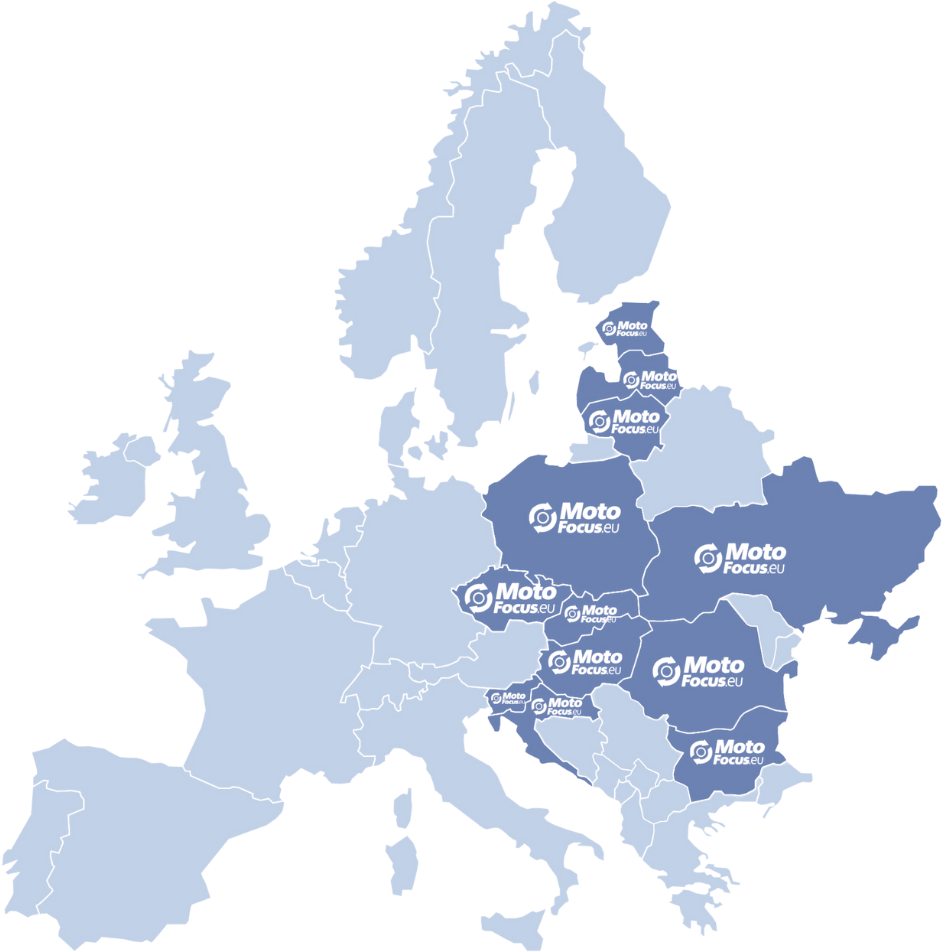
MotoFocus Group
In Europe
Europe-wide network of B2B portals
dedicated to Automotive Aftermarket and professionals in passenger and heavy-duty vehicle repair and service
22 years of experience
in communication with profesionals (B2B)
Direct contact with aftermarket mechanics
 Our mission
Our mission
 Our offer and content of portals
Our offer and content of portals